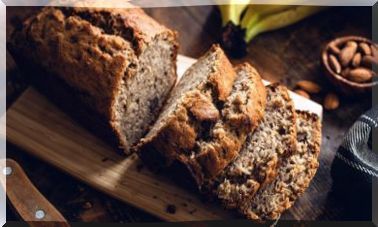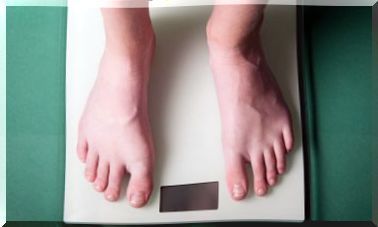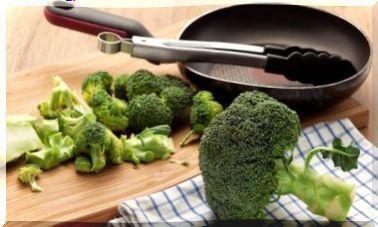8 Protein-rich Plant Foods That You Should Add To Your Diet
There are several plant-based foods that can help obtain protein and other essential nutrients for the health of the entire body.
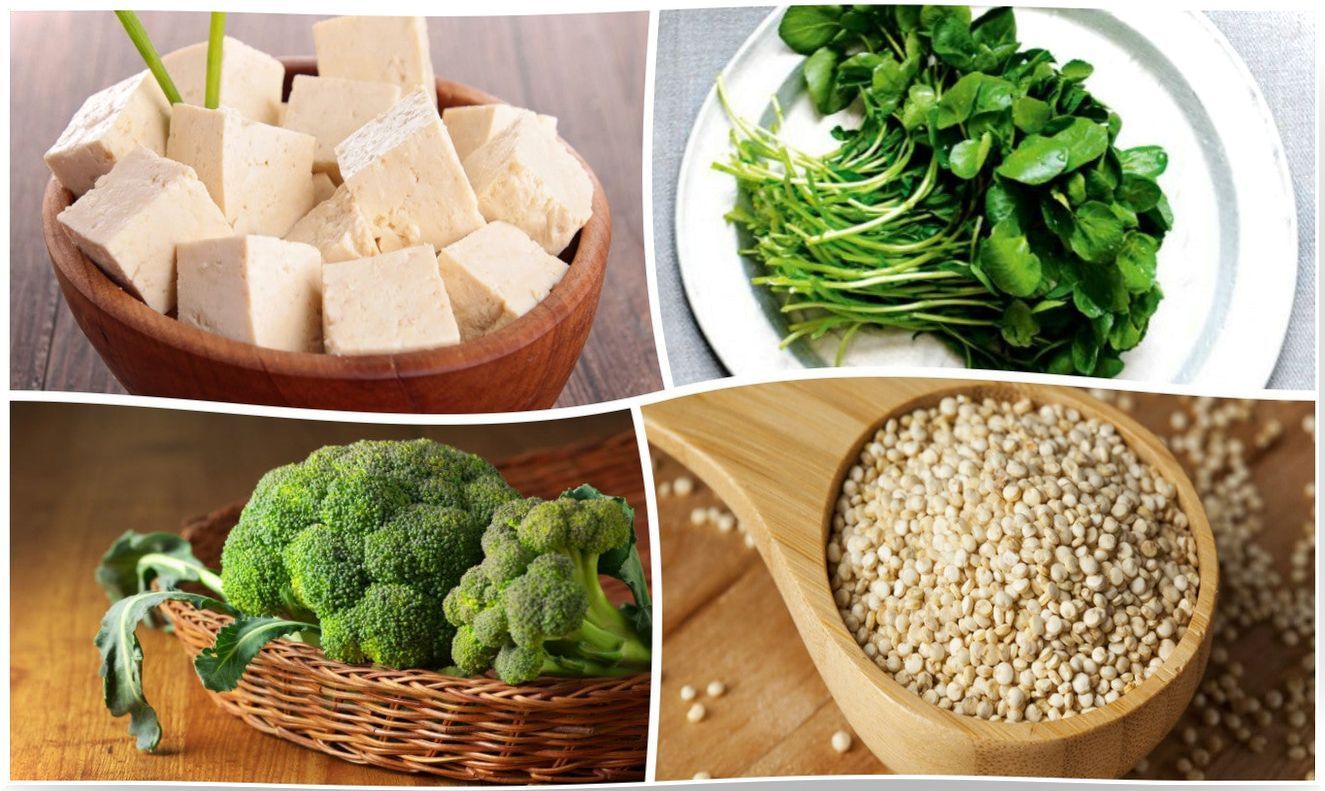
Protein-rich foods are very important in the diet of all people, since they influence the fulfillment of various vital functions for physical and mental health.
While all nutrients are necessary for well-being, protein plays a key role in metabolic activity, hormone secretion, and strengthening of muscles and bones.
In fact, it is one of the best sources of energy that can be provided to the body to maintain optimal performance in various daily activities.
A balanced diet should provide enough protein, so no need to take protein supplements, says Dr. Stuart Gray, a professor at the University of Glasgow.
Although most of the time people tend to consume foods rich in protein of animal origin, there are also foods rich in protein of plant origin that can help to supplement the diet.
This time we want to share the best 8 in detail so that you do not hesitate to add them to your eating plan.
1. Tofu
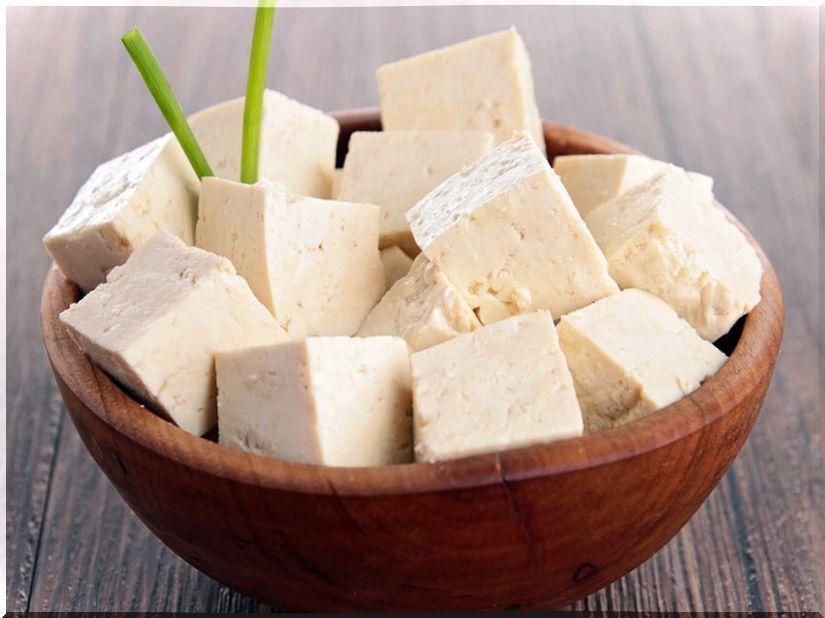
Tofu is a food that is obtained from soybeans. In the Japanese diet, it is a typical ingredient that stands out both for its particular flavor and for its content of essential nutrients.
Also known as “soy cheese”, it is a food valued for its content of quality proteins that, among other things, contribute to gaining muscle mass.
Every 100 grams can provide up to 10 of protein and only 110 calories.
It contains isoflavones and antioxidant compounds that are beneficial in promoting hormonal balance, especially during menopause.
2. Quinoa
Quinoa is a popular food in South America, especially in countries like Peru and Bolivia. It is a pseudocereal whose nutritional content can provide interesting benefits to physical and cognitive health.
In exchange for very few calories, quinoa provides significant amounts of vitamins, minerals and essential amino acids that activate metabolism and muscle strength.
Many consider it to be one of the best sources of plant protein. In addition, they provide fiber, antioxidants and other beneficial substances for the body.
3. Legumes
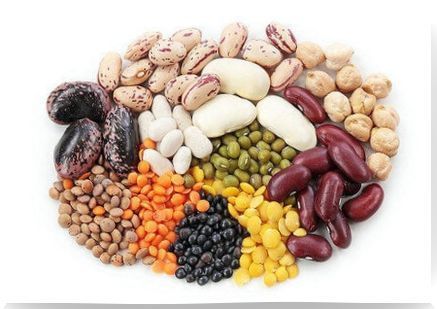
Legumes are a plant source of protein that everyone can incorporate into the diet through multiple recipes.
Its intake is recommended to help improve sports performance and, incidentally, increase muscle mass gain.
On the other hand, due to their fiber content, they are beneficial for regulating bacterial flora and boosting the activity of the intestine.
This same nutrient helps to satiate the appetite that is good for those who are trying to lose weight.
They are low on the glycemic index, contain very few calories, and are helpful in avoiding metabolic disorders that affect health. Among the most prominent are lentils, beans, and chickpeas.
4. Watercress
Each 100-gram serving of watercress can provide up to 3 grams of protein, plus fiber, antioxidants, and other essential nutrients that promote whole-body wellness.
Its intake provides an extra energy to the body and, incidentally, strengthens joint, muscle and bone health.
5. Asparagus
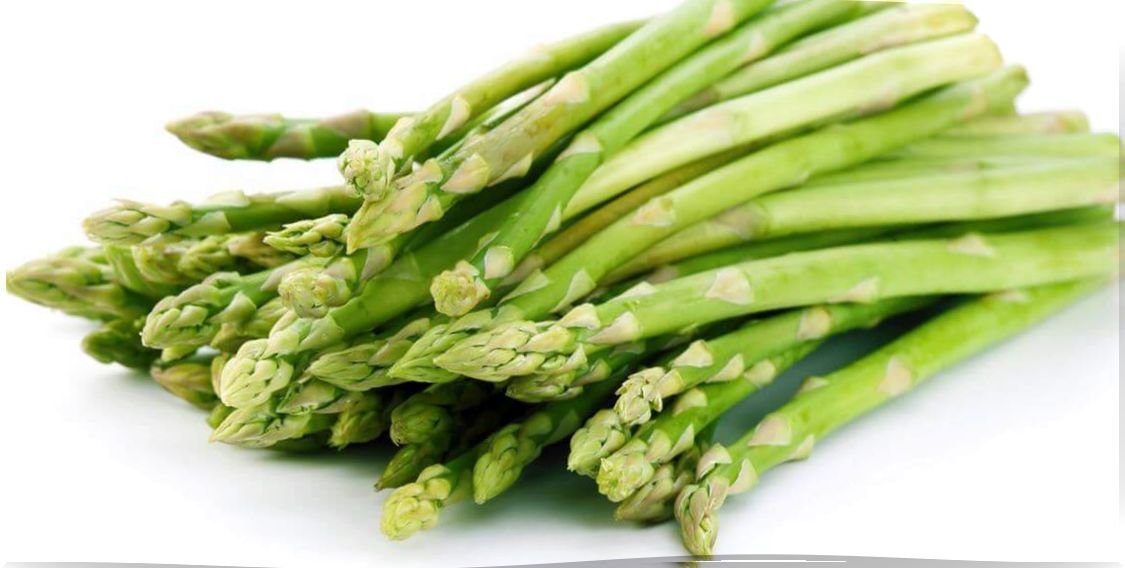
Known for its diuretic and cleansing effect, asparagus is a source of protein. In addition, they provide an essential amino acid known as asparagine that, after being absorbed, synthesizes muscle mass and promotes the balance of the nervous system.
It also helps to improve insulin secretion, which is essential for the process that transforms sugars into energy.
6. Spinach
This prodigious green vegetable is a very healthy source of essential amino acids, antioxidants and vitamins that help improve the functioning of many vital systems in the body.
Every 100 grams provides between 5 and 7 of proteins that, added to its fiber and minerals, increase muscle strength and physical performance.
7. Broccoli
Adding this vegetable to your meal plan is a good choice to meet your daily protein, fiber, and mineral needs.
The 100-gram servings provide between 2 and 3 of these nutrients, that is, 5% of the recommended daily amounts (RDA) in men and 6% in women.
8. Lettuce
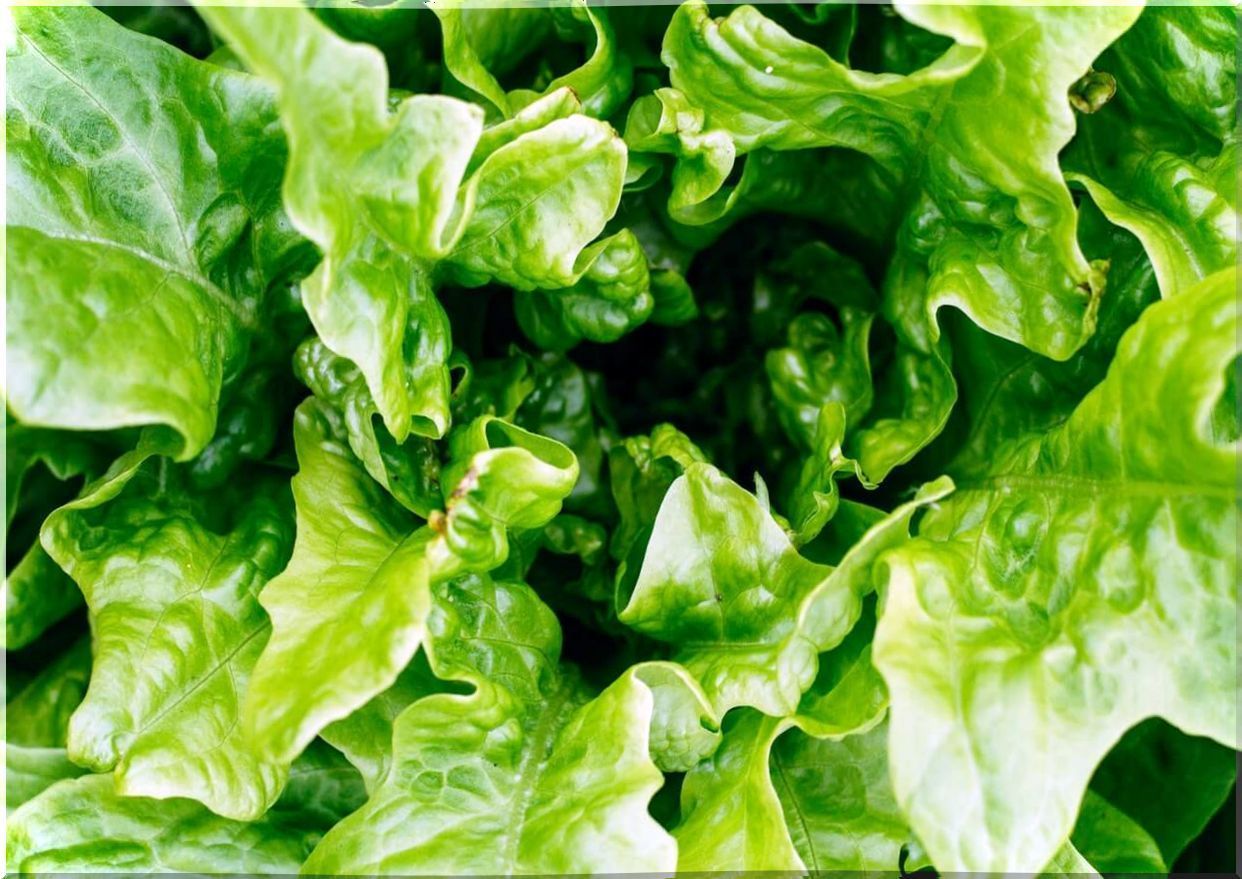
Lettuce is known for its applications in the kitchen, but also for its nutritional and medicinal value.
It contains a small amount of protein that, incorporated in the regular diet, helps to cover part of the body’s needs.
It is also rich in fiber, antioxidants and essential vitamins whose absorption protects health against damage caused by free radicals and other external agents.
Regularly include these foods in your diet
As you can see, there are many high-protein plant foods that can help you vary and supplement your diet. Take advantage of them and start enjoying their benefits. Your health will thank you.
